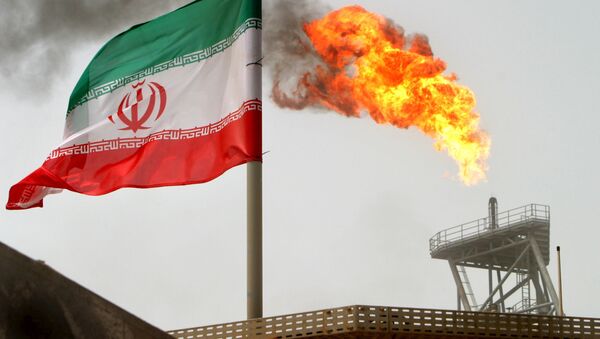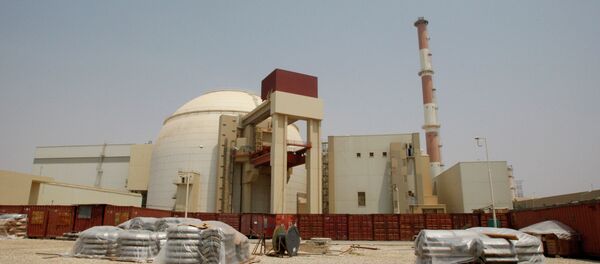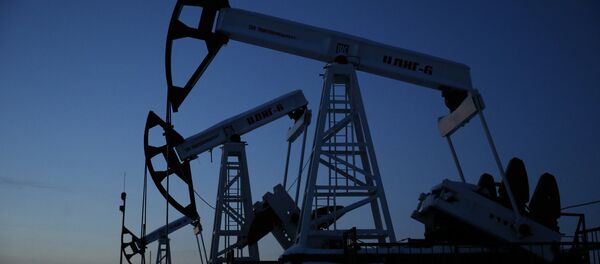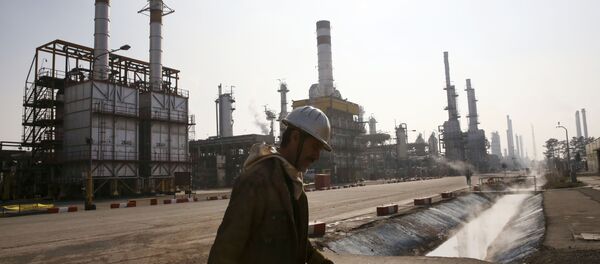Tehran hopes to use the recently approved contractual terms of its new Iranian Petroleum Contracts (IPCs) to attract international investors to rebuild its oil and gas industry, the largest sector of the economy.
Its state energy producer, National Iranian Oil Co (NIOC) plans to tender contracts over a period of six months to a year to develop several oil and gas fields, the oil ministry’s news service Shana reported on Tuesday, citing the head of the company Ali Kardor.
According to reports, NIOC has already identified 34 foreign companies as suitable bidders.
It has also identified 12 to 13 fields as a priority for the first round of investment, Ali Kardor said, without naming the fields.
Major European oil companies such as Italy’s Eni SpA and France’s Total SA have expressed an interest in developing Iran’s oil and gas fields.
Among Russia’s energy giants, who are interested in investing in Iran, are oil and gas explorer Zarubezhneft JSC, Lukoil, Rosneft and Gazprom Neft.
Dr. Mohammad Sadegh Jokar, Ph.D in International Relations who works as Researcher at the Institute for International Energy Studies (IIES), explained to Sputnik why this the sector of the economy is of special importance to the country.
“Oil and gas production and export has two key values for Iran: economic and strategic,” he told Sputnik.
“It is quite easy to understand the first value as the income from its sale serves as an engine for further development of the country’s economy,” he said.
The expert further explained that according to the adopted plan on tackling the current economic stagnation, all the income received from the sale of oil, gas and petrochemical products will be used to drive the macroeconomic development of the country which can then cushion any future economic hardships.
“If the dependence of foreign states on Iranian energy resources increases, Iran will be able to play this factor in its interests and more vocally emphasize the need of lifting all unilateral US sanctions imposed on Iran,” the expert told Sputnik.
“Let’s assume that the volume of Iranian energy supplies to such influential economies of Asia-Pacific Economic Cooperation (APEC) organization as China or India or some European countries increases in the near future. Then these states will advocate the lifting of sanctions from Iran. And the US will no longer able to find an easy pretext to impose new sanctions and hinder the implementation of the Joint Comprehensive Plan of Action (the Iran Deal),” he further explained.
In this way, he continued, by increasing oil and gas production and exports to the international energy market, Iran will be able to create some kind of an “anti-American hydrocarbon consortium.”
He suggests it is likely that if there had been such a consortium probably there would have been no unilateral American anti-Iranian sanctions in the first place.
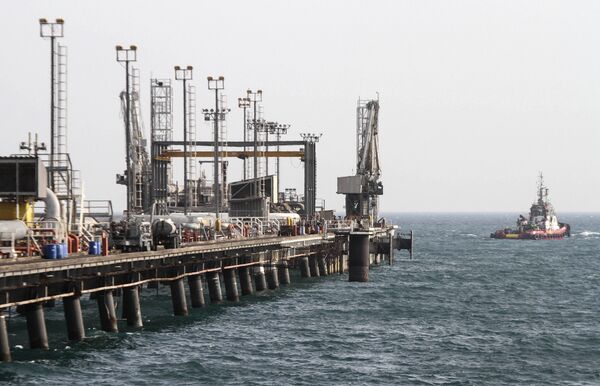
It’s a well-known fact that Iran now possesses vast natural gas reserves (about 34 trillion cubic meters), however its share in the international energy export market is insignificant.
Moreover, in recent years Iran’s gas deals “went into the red.”
Iran’s oil and gas ambitions won’t go unnoticed by other large energy players as Saudi Arabia and Russia, Dr. Jokar said.
Referring to Russia, the expert said that, unlike Saudi Arabia, Russia pursues a strict strategy: by implementing its Nord Stream — 2 project or the Turkish Stream project it is trying to decrease the dependency of the European states on the political influence of the US.
Iran should follow Russia’s example in its policy on increasing energy resources production, the expert stated.

